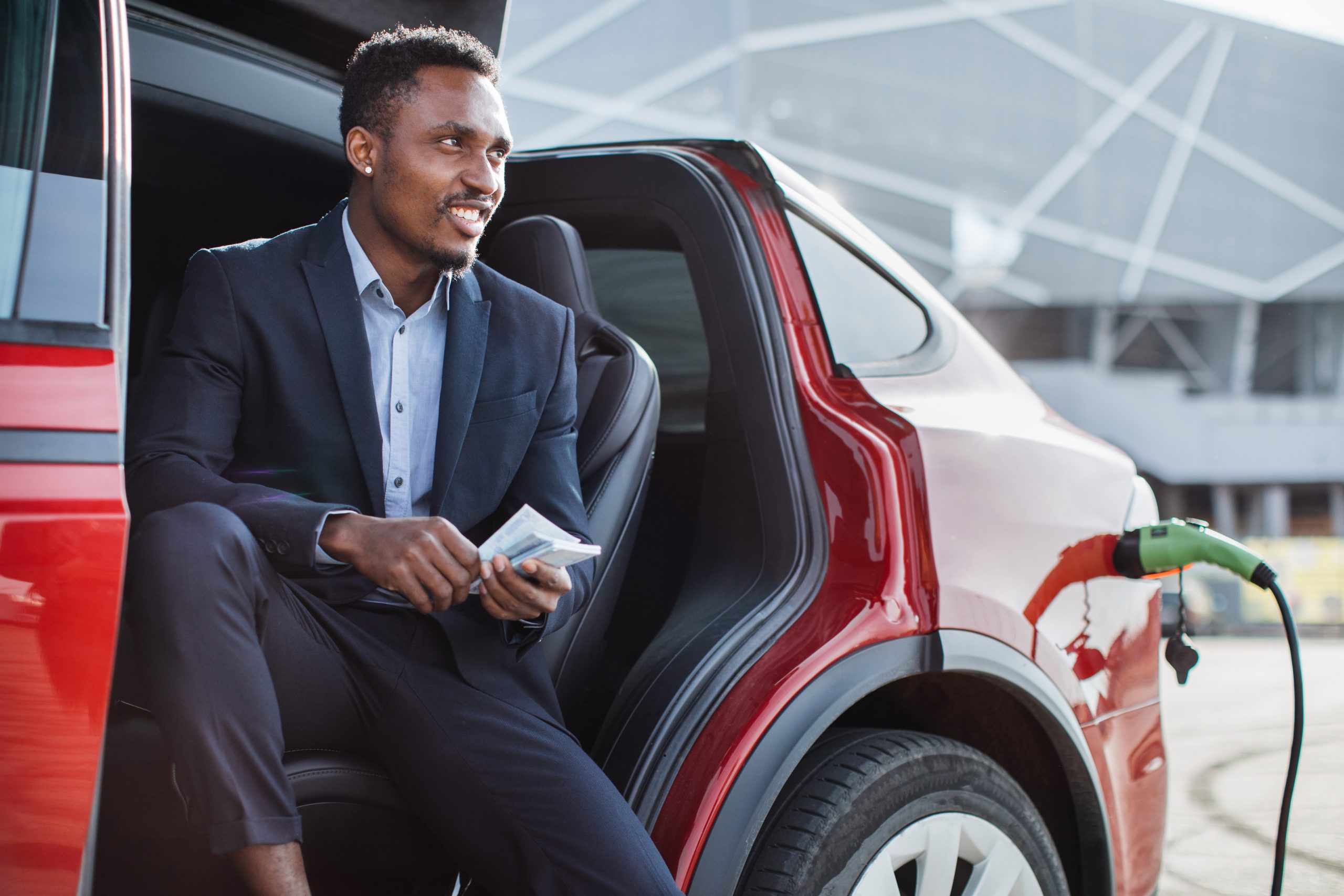Many of us have experienced driving down a street and seeing various car dealerships, ranging from large, branded chain dealerships to small, local auto sales shops. In the past few decades, it has been common for families to own a group of dealerships in their town, and oftentimes these families were quite well-known and involved in their local communities. Kelley Blue Book (KBB), however, has released an assessment stating this will likely change in the coming years as larger firms expand the acquisitions of these smaller dealerships.
Consolidations
KBB noted that car dealerships have “begun consolidating under the control of nationwide companies” such as AutoNation and Lithia Motors, and this is expected to continue. Instead of smaller auto dealers partnering with automakers to sell cars to customers, large companies are scooping up these small dealers instead. The largest companies own hundreds of dealerships and, according to consulting firm Kerrigan Advisors, have “accelerated their rate” of purchasing smaller dealerships even more in 2021.
Transition to Online Sales
Of course, it’s no surprise that KBB also mentioned the shift to online car sales. Car shopping used to be at least a day-long hassle, as many of us will remember hopping from one dealership to the next to check out the inventory and try to decide which car was right for us. Now, we can simply open a dealer’s website or smartphone app and browse its availability and options. Many dealerships have even moved to an online financing process, therefore slashing the time spent in a dealership even further.
Ultimately, dealers may continue to see less and less foot traffic from customers and they might want to invest more time in ramping up online sales and customer service instead.
Customers prefer to spend less time in a dealership anyway. Earlier this year, Cox Automotive released its annual Car Buyer Journey Study, which showed that customers purchasing new and used vehicles spent less time in dealerships yet buyer satisfaction was higher than ever. The amount of time the buying process took in 2020 from start to finish was 13 hours, down from 15 hours in 2019, and Cox Auto stated, “the biggest time savings in 2020 was in the online shopping phase,” so consumers are clearly satisfied with shifting to online sales.
| Related: How to handle and overcome car sales objections with today’s buyers |
Transition to EVs

KBB’s analysis also mentioned electric vehicle giant Tesla, which has a very unique sales model. Tesla owns and operates stores itself in states that will allow it and advertises through “galleries” in states that will not, highly encouraging online orders. While this seems to have been a good move for Tesla seeing as it remains the top EV automaker, other automakers and dealers have not quite been confident enough in the process to try it, too.
KBB also reported that many dealers are opting to sell their dealerships to larger companies because they do not have the means to “accommodate the changes and investments required in terms of electric vehicles and digital retail sales,” including the required infrastructure. Dealerships with service lanes also may have a hard time finding technicians with an EV maintenance and repair skill set.
Inventory Limitations
KBB projected there will continue to be less inventory on lots, even after the global parts shortage is resolved or at least mitigated to some extent. Throughout the pandemic and the ongoing shortages, dealers have discovered that less inventory is more profitable for them, as it surges prices and also forces customers to custom order the “perfect” vehicles they want instead of having hundreds of cars sit on the lot.
While this is unfortunate for consumers’ wallets, it does not seem to be deterring them from buying cars yet.
KBB concludes that while dealerships won’t be extinct in the next few years, many more will likely be owned by nationwide companies instead of local mom-and-pop dealerships. Dealers should truly find ways to upgrade their digital capabilities and focus more on digital sales/financing and less on the traditional car selling model, especially as the expansion of EV technologies continues. For right now, though, dealers should still be ready for walk-ins and interpersonal sales.
Did you enjoy this article from Kimberly Hurley? Please share your thoughts, comments, or questions regarding this topic by submitting a letter to the editor here, or connect with us at newsroom@cbtnews.com.
Be sure to follow us on Facebook and Twitter to stay up to date or catch-up on all of our podcasts on demand.
While you’re here, don’t forget to subscribe to our email newsletter for all the latest auto industry news from CBT News.










